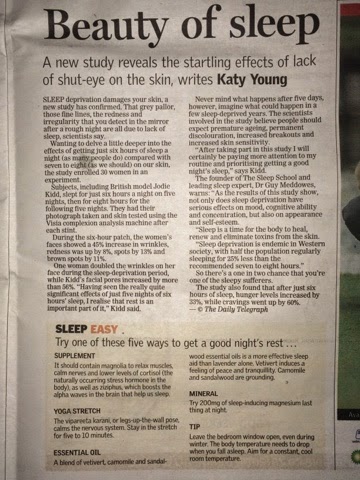Has your media outputs been as impactful as you had hoped it would be this year? How are you keeping track of your media coverage? As you strategise and plan for 2016, why not use this time to invest in understanding this year’s media outputs and see what can be changed to take it to the next level next year.
One of the many challenges faced by the public relations (PR) and communication industry is showing the value of all the communication efforts to the powers that be. It can be quite tricky to illustrate the return on investment because it is very seldom possible to say that a specific article or radio interview generated a certain number of sales. The overall media exposure works towards building a solid reputation, which takes time. Assuming you are strategic, with a carefully sculpted message sent through to key media, which you know will speak directly to your target audience, how do you measure the value of that article?
For years communication professionals have used what is known in the industry as the Advertising Value Equivalent (AVE). What this means is that the size or length of the article or interview is measured and the equivalent advertising value is calculated. For example, your company is mentioned in a newspaper article, the AVE is the amount you would have had to pay to advertise in that space. Many PR professionals show this AVE as the value they have generated in their monthly client reports.
Unfortunately this is not a very reliable way to communicate media outputs. It is purely a quantitative metric. It provides no insight into the quality of content and whether an organisation’s key messages were communicated. As part of the ECCO International Communication network, we are seeing more and more of our international colleagues totally doing away with AVE measurements because it is not a credible way to illustrate media value created.
Understanding the quality of media coverage, be it online, print or broadcast portrays a very different picture than the mere AVE value. It gives an organisation insight into what messages the target audiences receive and enables communication teams to adjust and improve their business’ communication strategies.
Our core focus at Reputation Matters is to provide reputation research support for the PR and communication industry, and we have developed a media analysis support service using the Barcelona Principles* as a base. These principles are a set of seven guidelines for measuring and evaluating communication; established and supported by the PR industry. The principles were agreed upon in 2010 and were updated this year to the Barcelona Principles 2.0 in Stockholm at a conference arranged by the International Association for the Measurement and Evaluation of Communication (AMEC) and its partners.
The updated principles state that the measurement of media resulting from PR initiatives, overall clip counts and general impressions are generally meaningless. The principles underline that AVEs do not measure the value of PR and do not inform future activity; they measure the cost of media space or time and are rejected as a concept to value communication, media content, earned media and PR.
Instead, media measurement, whether in traditional or online channels, should account for impressions among the stakeholder or target audience; quality of the media coverage, including tone, credibility and relevance of the medium to the stakeholders; message delivery; inclusion of a third party or company spokesperson; importance as relevant to the medium; and sentiment, be it negative, positive or neutral.
The new guidelines afford the industry and profession the opportunity to be more comparable than ever before. It allows us to use the same units of measurement across media types including basic qualitative measurement units and ultimately shift thinking from perception to reputation. This evolution brings about new rules of engagement by providing an innovative framework to the measurement landscape.
For more information on Reputation Matters and our in-depth media quality analysis, please visit www.reputationmatters.co.za or call 021 790 0208. Reputation Matters is also on Facebookwww.facebook.com/yourreputationmatters and Twitter @ReputationIsKey.


























